Here at Blockchain WTF, we hope to provide you with all the information you need, along with resources, to expand your knowledge and understanding of all things relating to blockchain technology and cryptocurrencies.
Getting started into the wide, online world of blockchains can be extremely challenging and confusing, especially for those non-technical and non-developing people out there. Instead of scouring the Internet for explanations on these new technologies, start here with our What the FAQ guides, and we will get you the key information you need to start with, and resources to help you start diving deeper if you so desire.
One of our most essential sections is our “What the FAQ” section has the simplest guides explaining:
- Decentralization
- Blockchain technology
- Cryptocurrencies
- The differences between cryptocurrencies and blockchain technologies
- How to make money with cryptocurrencies and blockchain (freelancing & more)
- How to buy cryptocurrencies
- Where to spend bitcoin online
- Blockchain Glossaries of Terms
- And, finally, Blockchain Infographics explaining a variety of concepts
For your ease-of-access and convenience, we've started to compile them here, so you can read up on all the different facets encompassing this new technology, and build a well-rounded understanding of how it all actually works, individually and together!
In this article, we will simply cover decentralization first, and then blockchain. Next will come cryptocurrencies and the difference between cryptocurrencies and blockchains in the coming article.

It’s off the (block) chain, so check it out & get involved! Start helping decentralize all the things!!!
First things first: Decentralization
To understand blockchain technology, the first psychological hump we must get over is the concept of decentralization. In our experience, we've discovered that decentralized processes and systems are often hard for people to grasp.
This may be due to the fact that today and for a very long time in history, most of our institutions, governments, and processes are extremely centralized. It may be also due to the fact that we often use these systems without thinking or truly understanding how they work. We have grown to rely on them, and do not question it otherwise.
But centralization has it's issues... Let's first begin by exploring the definitions of centralization and decentralization:
By definition, the two are the antitheses of one another.
By definition, centralization is
“the concentration of control of an activity or organization under a single authority.”
From the same source, decentralization is,
“the movement of departments of a large organization away from a single administrative center to other locations.”
Essentially, if something is centralized, there’s a single point that does all of the work involved in any given action. On the flip side, if something is decentralized, there are multiple points that do the work.

Think about it this way: the US government is split into both centralized and decentralized parties. In this case, the federal government is centralized. This is because it resides in Washington DC, and all decisions are made from this particular location. On the other hand, state governments and legislatures are decentralized because there are 50 spread throughout the United States. The states must work in tandem, in order to be a cohesive unit, while the federal government works as a single unit.
Now, this is not a perfect example, but it does a phenomenal job of giving a visual about the concept of centralization vs decentralization.
What next, though? What in the world does the concept of centralization have to do with blockchain?
Ready to blow your mind? Well hold onto your shorts!
Systems are either centralized or decentralized. Both types of networks currently exist, and you’ve more than likely interacted with or heard of at least one of each.

Centralized platforms require all data to pass through a singular point. That is to say, you physically can’t send or receive any information without it going through that single point, which is often a server or hub.
Unlike centralized platforms, decentralized platforms do not require information to pass through a single point. Instead, many points connect, known as a peer-to-peer (P2P) network.
Some centralized platforms are Facebook and Google. Limewire and BitTorrent on the other hand are decentralized.
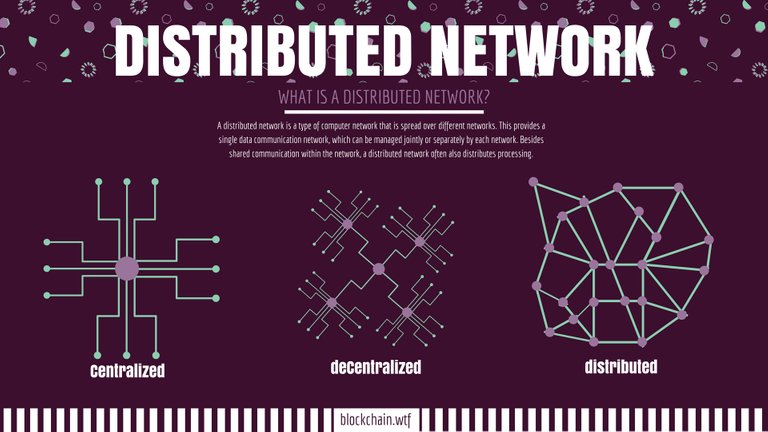
Centralized platforms have some downfalls for privacy and security. For one, when using a centralized network, like Google, all of your data goes through a singular point. This makes it very easy for these platforms to collect A LOT of data on you. And are you in control of it or in ownership of it? NO. They actually profit off of it, by selling it...
So who would love to use systems like this? Governments, of course. Any and all foreign data incoming to the United States must pass through a server, which any given department may comb through. While not exactly a breach of privacy, it certainly doesn’t sit well knowing that any and all information, or actions taken on a centralized network are constantly being monitored.
Decentralized platforms, on the other hand, allow for far more privacy. Because information doesn’t have to go through one point, and can instead pass through a variety of points, it’s much more difficult to track information across the network.
So, if you’re looking to protect your identity—or online information—using a decentralized system is ideal. Instead of allowing platforms like Facebook or Google to bundle up and sell your information (which they absolutely do!), blockchain is the answer to taking back control of your own data.
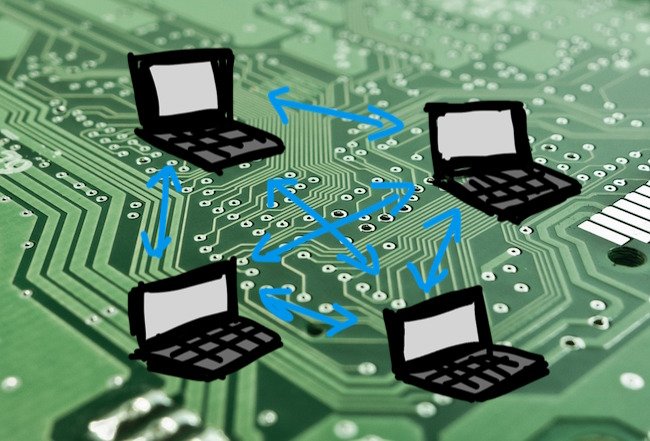
A decentralized network relies on a host of computers. As a result, blockchain technology resides on a P2P network. It physically cannot work with a single computer or point-of-connection.
Instead, it requires a slew of other computers to join in, in order to complete a specific task on the network. In this way, blockchains are secure by design, which you may understand more in the next section where we explain blockchain technology more in depth.
Because centralized networks have a single point of data collection, they’re extremely susceptible to hacking. Blockchain technology, and in turn decentralization, is an effective way to work around this weakness. So, storing information on a peer-to-peer network is best in terms of security.
You can read our full guide on decentralization here. Our video explains what decentralization is & how it differs from centralization (for those of you who are not the reading type)!
And now, what exactly is blockchain technology?
So now that you understand decentralization, we can begin to explore blockchains. Blockchain technology is one specific decentralized technology that uses a protocol to create a distributed ledger of information.
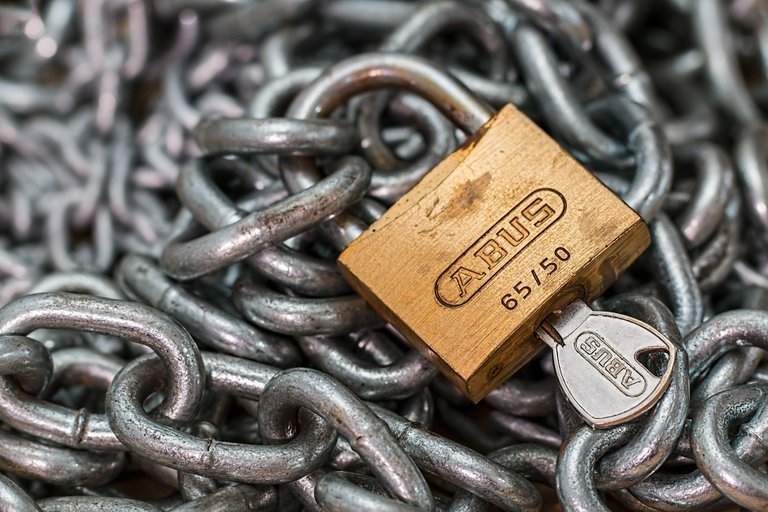
Blockchain technology (BCT), also referred to as Distributed Ledger Technology (DLT), can simply be explained as a chain of information held on a distributed network with a timestamp that cannot be altered once it’s been recorded.
To get a little deeper, blockchain technology serves as a chain of information that is permanently recorded in a "block." This block shows information on transactions, like costs sent, and a timestamp. It also connects to the previous block, hence forming a "chain of blocks," or a "block-chain."
As we said before, these networks are decentralized. So it is not run by any central entity. Rather, nodes and miners on the network contribute to verifying blocks and maintaining the blockchain.
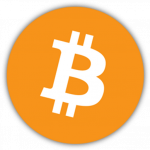
To give you some background, Bitcoin initiated the blockchain, starting in 2008 as a peer-to-peer, decentralized payment system using an online currency, bitcoin.
Although the idea of recording information in encrypted, chains containing blocks of information has been around since the '90s. Since then other projects appeared, such as Litecoin and Dogecoin.
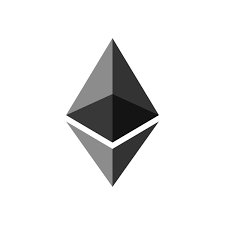
Some projects even expanding these concepts, especially today, like Ethereum and the development of smart contracts. These other projects peruse the idea that things other than the exchange of digital currencies can be recorded securely on the chain.
This infographic illustrates how a blockchain works:
.png)
To get deeper into explaining blockchains would require quite a few more pages. There are many other factors that allow this technology to be so secure, like mining, proof-of-work, proof-of-stake, and many more. We will get into these more in other posts, but for now you have a simple understanding of the tech. As well as the concept of it being publicly recorded rather than private.
Our video explains blockchains a bit more, like the history of recording information, and how that has evolved, and is still evolving with the invention of blockchains. As well as how the blockchain actually works to be verified and maintained, and the possibilities of the technology. To read more on blockchain technology, check out our full guide page here.
The next article we publish will cover cryptocurrencies and the difference between them and blockchains. So stay tuned for more, and if you want to read more up on it now, check out our What the FAQ section on our website!
We love feedback! Let us know here or in the comments below if you have more questions after going through our guides, or if there are any other questions you have! We are here to help you on your journey into the crypto-sphere!
Hi! I am a robot. I just upvoted you! I found similar content that readers might be interested in:
https://blockchain.wtf/what-the-faq/centralization-vs-decentralization/
Congratulations @blockchainwtf! You received a personal award!
Click here to view your Board of Honor